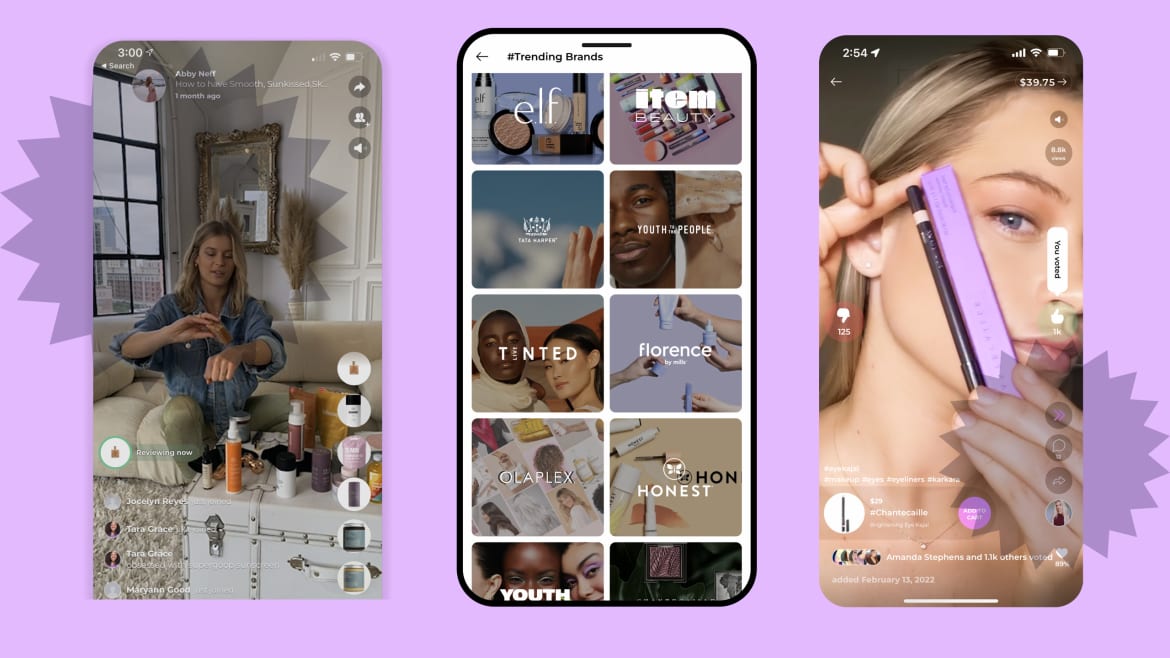Scouted/The Daily Beast/Fl!p.
Scouted selects products independently. If you purchase something from our posts, we may earn a small commission.
Over the past two decades, e-commerce has gradually dethroned traditional brick-and-mortar shopping. And with the advent of social media fully flourishing during the online shopping surge, it only makes sense that social platforms and brands would try to capitalize on product-focused social content. When influencers and celebrities began promoting products on their own social channels, influencer-sponsored content began to replace many brands’ traditional marketing strategies. Companies began shifting their ad budgets from investing in traditional ads, online banners, and editorial placements to paying content creators with large social media followings to promote their products.
This marketing model blew up over the last decade but influencer-branded content’s sudden success didn’t come without backlash, generating a collective distrust of influencer-promoted reviews and mentions as nothing but disingenuous cash-grabs (Who else remembers the Kardashians’ shameless promotion of laxative-laced “detox” teas?). As a response, social media platforms like Instagram began requiring brands and influencers to include branded content disclosures for feed posts and stories to help users trust the platform and its popular users by increasing transparency.

